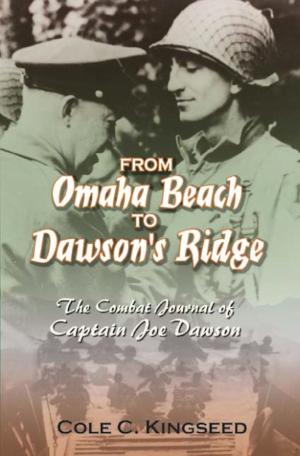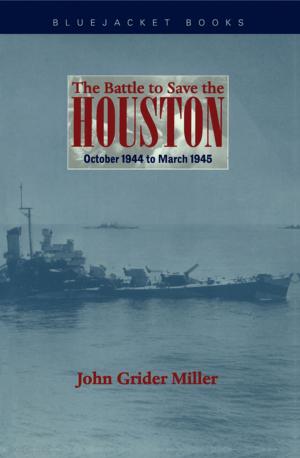Commanding Lincoln's Navy
Union Naval Leadership During the Civil War
Nonfiction, History, Modern, 19th Century| Author: | Stephen R. Taaffe | ISBN: | 9781612515175 |
| Publisher: | Naval Institute Press | Publication: | September 15, 2013 |
| Imprint: | Naval Institute Press | Language: | English |
| Author: | Stephen R. Taaffe |
| ISBN: | 9781612515175 |
| Publisher: | Naval Institute Press |
| Publication: | September 15, 2013 |
| Imprint: | Naval Institute Press |
| Language: | English |
The Union Navy played a vital role in winning the Civil War by blockading Confederate ports, cooperating with the Union Army in amphibious assaults, and controlling the Mississippi River and its tributaries. President Lincoln understood, however, that the Navy was not as important, militarily and politically, to the war effort as the Army, so he delegated authority to his Secretary of the Navy, Gideon Welles, who divided the Navy into six squadrons and hand-picked their commanders. This book examines Welles selections and why he appointed them. While noting that the officers records, character, and abilities were of primary importance, Taaffe acknowledges that political connections, seniority, and availability were also factored into the selections. He demonstrates that Welles appointments improved markedly as the war continued and as he gained a better understanding of the Navy and its officer corps. Taaffe contends that Welles eventual success in picking effective squadron commanders contributed greatly to Union victory.
The Union Navy played a vital role in winning the Civil War by blockading Confederate ports, cooperating with the Union Army in amphibious assaults, and controlling the Mississippi River and its tributaries. President Lincoln understood, however, that the Navy was not as important, militarily and politically, to the war effort as the Army, so he delegated authority to his Secretary of the Navy, Gideon Welles, who divided the Navy into six squadrons and hand-picked their commanders. This book examines Welles selections and why he appointed them. While noting that the officers records, character, and abilities were of primary importance, Taaffe acknowledges that political connections, seniority, and availability were also factored into the selections. He demonstrates that Welles appointments improved markedly as the war continued and as he gained a better understanding of the Navy and its officer corps. Taaffe contends that Welles eventual success in picking effective squadron commanders contributed greatly to Union victory.















